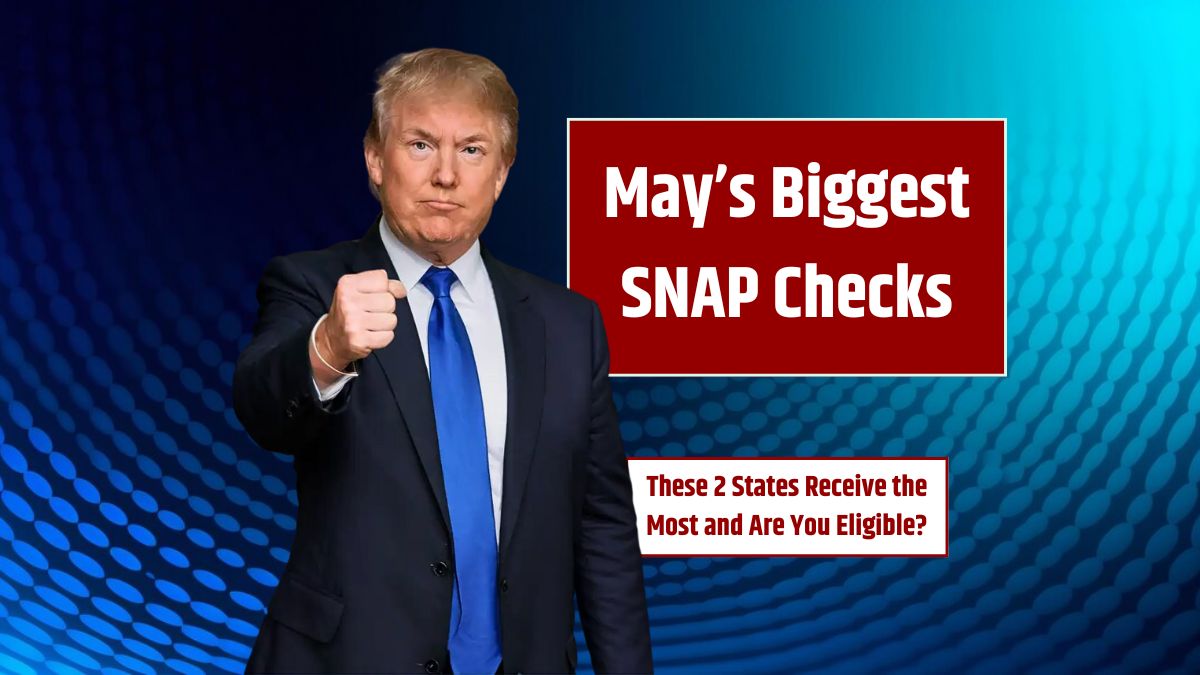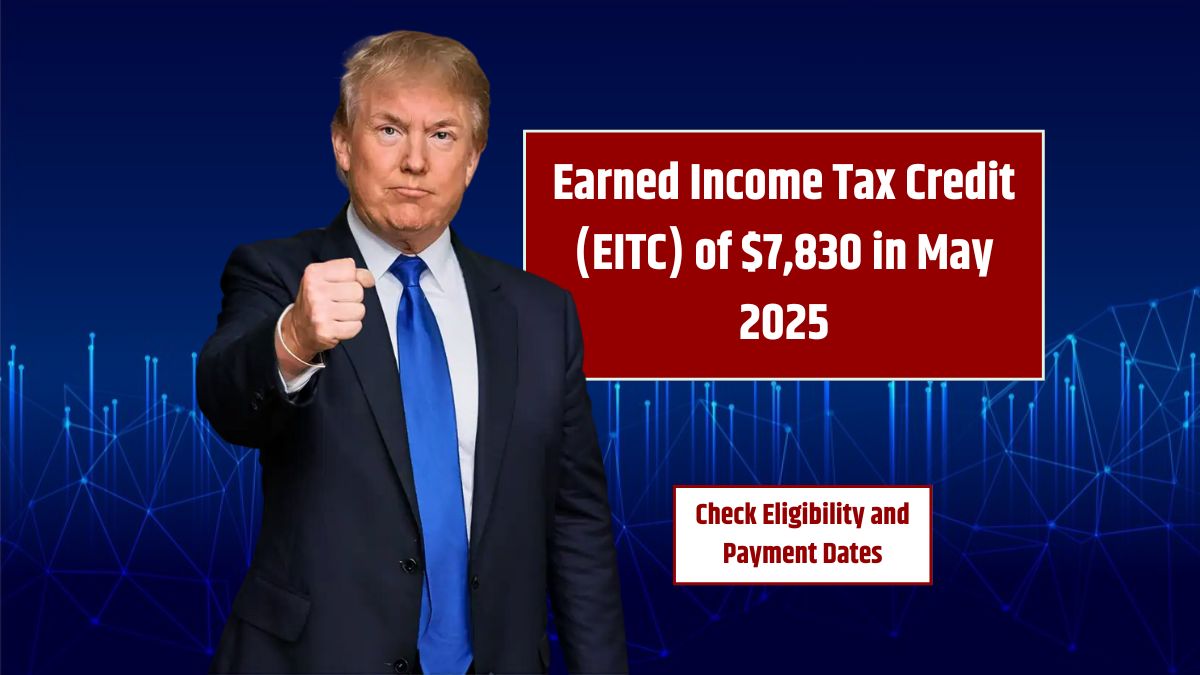May 2025 is bringing a financial boost to many families relying on food assistance, especially in Alaska and Hawaii. If you’re part of the Supplemental Nutrition Assistance Program (SNAP), this could be a valuable month for your household budget. These two states are receiving the highest SNAP payments due to the cost of living differences, and knowing how to qualify and make the most of your benefits is more important than ever.
Overview
Alaska and Hawaii are leading the way in May 2025 with the largest SNAP benefit payments. If you live in one of these states and meet the eligibility criteria, your SNAP deposit this month could be significantly higher than what recipients receive in other parts of the U.S. These payments reflect local economic realities, such as food prices, transportation costs, and housing expenses.
Amounts
Here’s a quick snapshot of the maximum benefits for single-person households:
| State | Max Benefit (Single) | Notes |
|---|---|---|
| Alaska | Up to $586 | In Rural 2 areas |
| Hawaii | Up to $517 | Statewide |
| Mainland US | Up to $292 | Continental states baseline |
In Alaska’s Rural 2 zones, the high cost of transporting goods to remote areas justifies a much larger monthly SNAP benefit. Similarly, Hawaii’s food and housing costs consistently rank among the highest in the country, which is reflected in their higher benefit levels.
Eligibility
To receive SNAP benefits, you need to meet a few basic criteria. These are consistent nationwide but take into account income, resources, and work status.
Income
Your gross income must be at or below 130% of the federal poverty level. For example:
- A single-person household: around $1,580 per month
- A household of four: around $3,250 per month
Resources
SNAP also reviews the value of your available assets:
- Most households: no more than $2,750 in countable resources
- Households with an elderly or disabled member: up to $4,250
Countable resources include money in checking/savings accounts and certain investment assets. Your home and most retirement accounts are excluded.
Work
If you’re an able-bodied adult without dependents (often called ABAWDs), you must:
- Work at least 80 hours per month
- Or be enrolled in a job training or community service program
These rules are aimed at encouraging stable employment while still offering a safety net.
Applying
Applying for SNAP is easier than most people think. Here’s how to get started:
Step 1
You’ll need proof of income, identity, residency, and living expenses.
Step 2
Go to your state’s SNAP website to access and fill out the application form. Some states also allow mail-in applications.
Step 3
After submitting your application, you’ll usually need to do a phone or in-person interview. Be ready to clarify any details or provide extra documentation.
Once approved, you’ll receive your Electronic Benefits Transfer (EBT) card, which works like a debit card at most grocery stores and markets.
Stretching
Even with increased benefits, it helps to stretch your SNAP dollars. Here are a few ways to make your benefits last longer:
- Shop during sales and use store or manufacturer coupons
- Plan meals to avoid unnecessary purchases and food waste
- Buy in bulk when it comes to shelf-stable items like rice, beans, or canned goods
Many communities in Alaska and Hawaii also offer extra resources like meal planning classes, farmers market incentives, and nutrition programs that pair well with SNAP.
If you’re receiving SNAP benefits, now’s a good time to take full advantage. Higher May 2025 payments in Alaska and Hawaii reflect the unique challenges of living in these areas. Make sure you’re enrolled, stay updated on your benefit status, and take steps to stretch your grocery budget further.
FAQs
Why do Alaska and Hawaii get more SNAP?
They have higher living costs, so benefits are increased.
What is the max SNAP in May 2025?
Alaska up to $586, Hawaii up to $517 for one person.
How do I apply for SNAP?
Apply online, by mail, or at your local SNAP office.
What income qualifies me?
Income must be at or below 130% of the poverty line.
Can I get SNAP with no job?
Yes, but ABAWDs must meet work or training rules.









